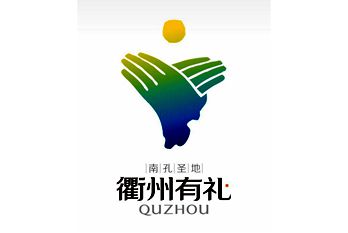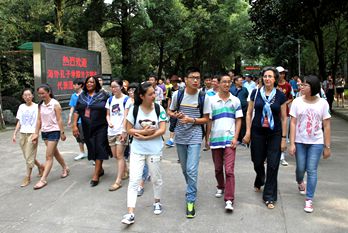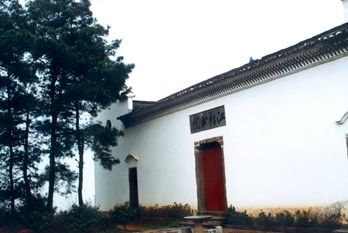Reports on new BRICS states out
Reports assessing the investment environment of the newly added BRICS members have been released for the first time, ahead of the gathering of leaders in Kazan, Russia, for the 16th BRICS Summit, the first summit after the expansion of the grouping in January.
The assessments on the countries were jointly released on Monday by Dagong Global Credit Rating Co and Tsinghua University's Belt and Road Strategy Institute.
BRICS has been an important force in shaping the international landscape. Its expansion this year with new members, including the United Arab Emirates, Egypt and Ethiopia, is expected to have a profound influence on industry cooperation among its member states.
"The newly joined BRICS countries have enormous advantages in energy, minerals and agriculture. They will help provide abundant raw materials for industrial production among members and help optimize global resource allocation," said Wang Youxin, a senior researcher at Bank of China.
The investment environment in the UAE is rated as excellent. With a low domestic crime rate, young population structure and high level of education, the country's labor supply is relatively sufficient. It has abundant oil reserves and a higher degree of economic diversification than most Middle East countries, the report said.
The convenience of doing business in the UAE ranks first in the Middle East region. With a superior geographical location, Dubai has become a global shipping and trading center, and its land transportation infrastructure is also relatively complete.
Dagong Global Credit Rating said the evaluation system is mainly based on the business environment of a country, and is examined together with bilateral relations, advantageous industries, the scientific research environment and negative events.
"The reports aim to fully address information asymmetry in international economic cooperation and investment, helping all parties involved to seize investment opportunities, avoid investment risks and optimize resource allocation," said Ying Haifeng, director and CEO of Dagong Global Credit Rating.
He said the reports also help those countries to identify their own advantages and weak areas in the global system. The assessments will also help promote the effectiveness and success rate of cooperation, and achieve mutual benefits between the investing parties.
Dagong Global Credit Rating, a Chinese rating company founded 30 years ago, went through a strategic reorganization in 2019 and is currently affiliated with China Reform Holdings Corp.
The company said it is actively striving for discourse power and influence in the international credit rating field, where Standard & Poor's, Moody's Investors Service and Fitch Ratings lead the market.
In addition, the overall investment environment in Egypt is rated as good. The political situation of the country is basically stable, and Belt and Road cooperation between China and Egypt will be far-reaching.
Egypt has rich reserves of mineral resources and a relatively complete industrial system, and its short-term economic growth is showing an accelerated recovery trend driven by domestic demand.
Furthermore, the investment environment in Ethiopia is rated as medium. The government has continued to promote reforms to attract foreign investment and improve the economy.
"With a youthful population structure, and being the second-most populous country in Africa, the local economy has maintained a high growth rate in the past two decades, and it has made significant progress in industrialization and poverty reduction," Ying said.

 City brand logo - fist-and-palm salute
City brand logo - fist-and-palm salute Confucianism on campus
Confucianism on campus The culture of the academy
The culture of the academy